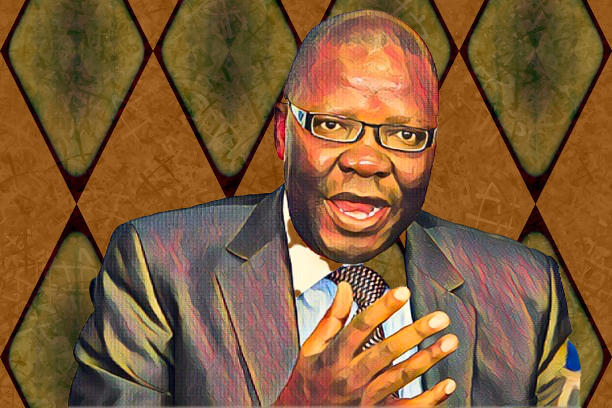KEY POINTS
- Zimbabwe presumptive tax regime hits informal traders.
- Its regime risks stifling growth.
- Zimbabwe presumptive tax regime sparks calls for reform.
Zimbabwe’s former finance minister Tendai Biti has criticised the Mnangagwa administration’s new presumptive tax regime, warning that the measures risk suffocating citizens already burdened by multiple levies.
The Zimbabwe Revenue Authority (ZIMRA) introduced the new scales under Public Notice 51 of 2025, restating provisions of the 2024 Finance Act. The taxes target informal traders, small-scale miners, taxi and bus operators, hairdressers, cross-border traders, bottle stores and restaurants.
New levies on informal sector
The measures range from a 10 percent levy on rentals to monthly charges of up to US$500. Hairdressers must pay US$5 per chair each month, while cross-border traders will surrender 20 percent of the duty value of their imports.
Most taxed people in Africa
Biti called the taxes “absurd” and regressive.
“Before the rebasing of the economy, taxes were 30 percent of GDP, double Africa’s average, making Zimbabwe the most taxed African country,” he said. “At any given time, the average Zimbabwean pays at least 15 different types of taxes and levies.”
He cited PAYE, VAT, fuel and carbon levies, the IMMT, tolls, stamp duty, excise duties, customs duty and council rates among charges already borne by citizens and businesses.
Excess taxation over real policy
Biti accused the government of substituting punitive taxes for genuine reform.
“This ideologically vacuous regime sees taxes as an antidote to its reckless expansionary fiscal policy,” he also said. “High, regressive taxes punish working people and small businesses, leaving them with no disposable income. Low disposable incomes underpin a crisis of under-accumulation, which is the basis of any recession.”
Furthermore, he argued that Zimbabwe is trapped in “a vortex of self-induced contradictions” where growth has been “sacrificed on the altar of artificial stability” through over-taxation, tight monetary policies and a mismanaged exchange rate.
Call for structural reforms
Biti urged the scrapping of levies such as the IMMT and presumptive taxes, insisting that informality cannot be taxed out of existence.
“The answer lies in growing a broad, formal economy that is inclusive. It lies in providing capital for start-ups and SMEs, encouraging registration, building databases and digitisation,” he further said. “High taxes only fuel avoidance and evasion.”


